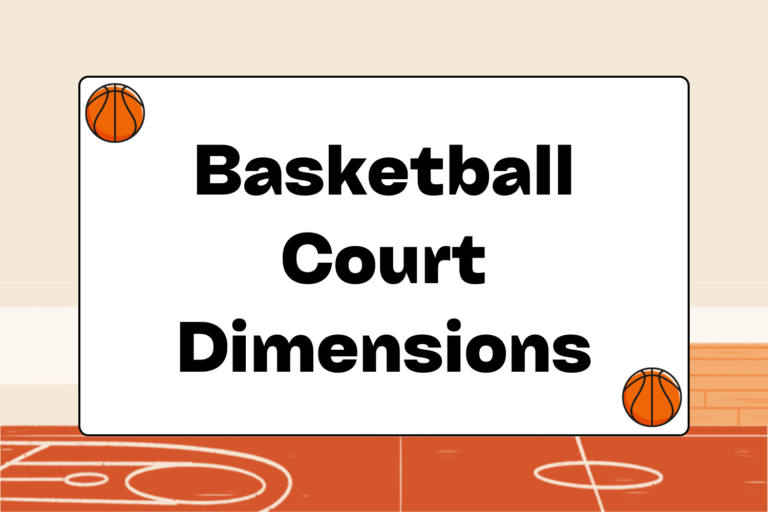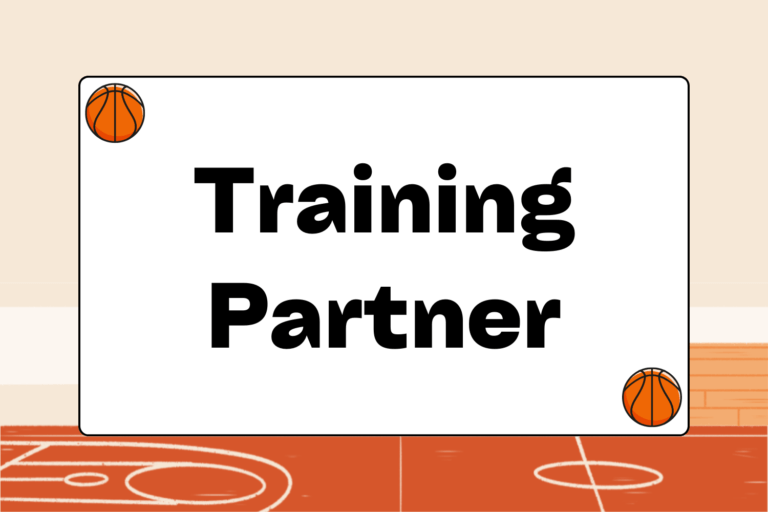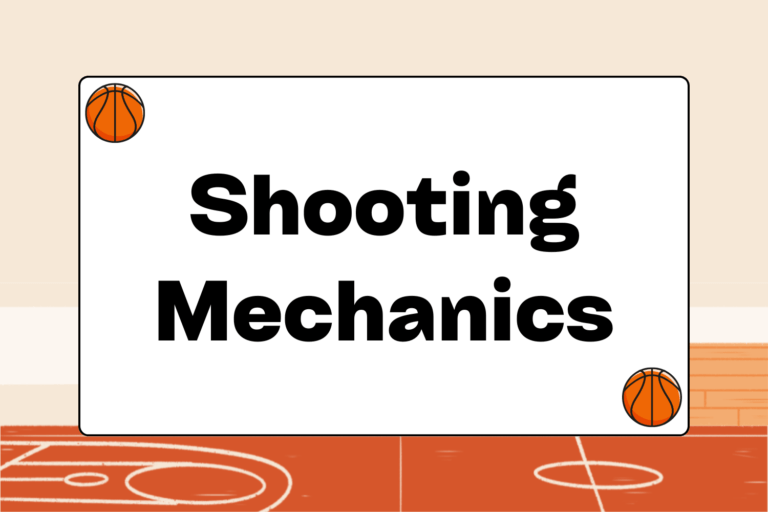Good basketball players know that success depends heavily on their speed, quickness, strength, and endurance. Games are often won or lost in the final minutes, when conditioning and preparation — or lack thereof — matter most.
There are countless ways for basketball players to improve their stamina. To create a routine that works, players should try out and utilize a variety of exercises. This guide will explore several exercises designed to help basketball players improve their stamina.
Interval Training
Interval training alternates between light exercises (like jogging) and intense exercises (like sprints, stair climbs, or suicides). It’s useful for basketball players because it allows them to develop high levels of fitness while improving quickness and speed. By combining low- and high-intensity exercises, it also simulates the sporadic pace of a game. Not surprisingly, many elite-level teams emphasize interval training as a central part of player workouts for these very reasons.
It’s a good idea to start with a half-hour session, in which five minutes of light training is alternated with five minutes of intense training. Intense training can include simple court-length sprints, or a variety of other drills, including:
- Ladder drills
- Running up the stairs/bleachers of a gym
- Doing hill runs
- Dribbling one-on-one the length of the court and back
As with any conditioning routine, it’s important to gradually increase workloads while tracking progress.
Suicides
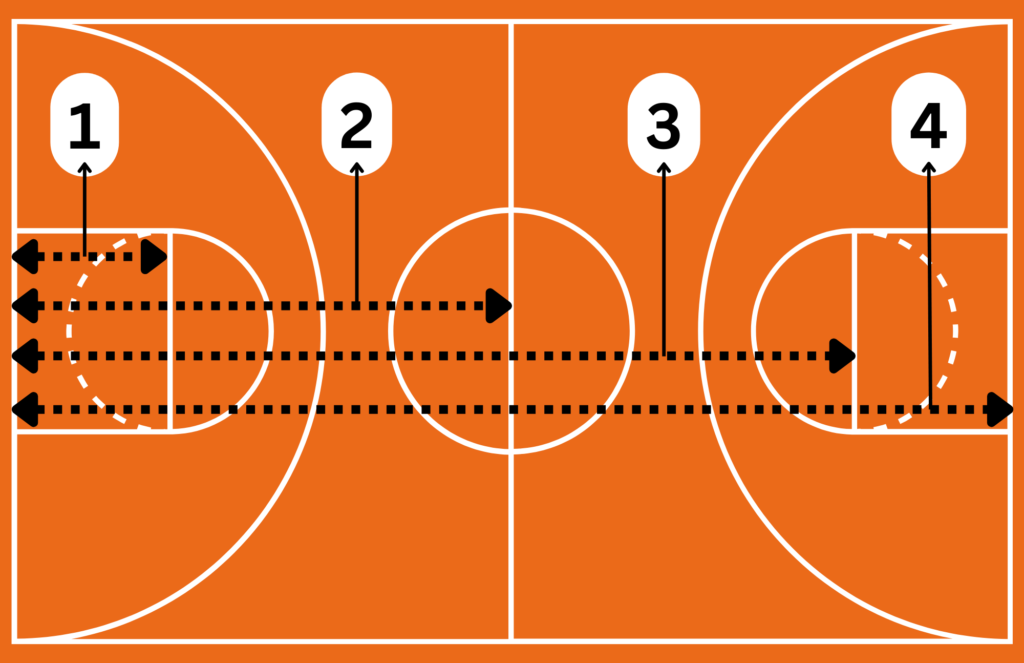
That’s right — suicides. Coaches seem to love them, while players have hated them for decades. The fact is that suicides continue to be a great way to keep players in game condition despite their negative perception, which results from many coaches opting to use them as punishment.
Suicides are very intense. Players begin by lining up along one baseline and running back and forth to various points down the court: they run to the foul line, half-court line, opposite foul line, and opposite baseline, touching the floor at each stop along the way. Some coaches like to have players compete to see who finishes first. Players who take this drill seriously are usually the ones in the best condition during the season.
Hot Tip: Stay Hydrated
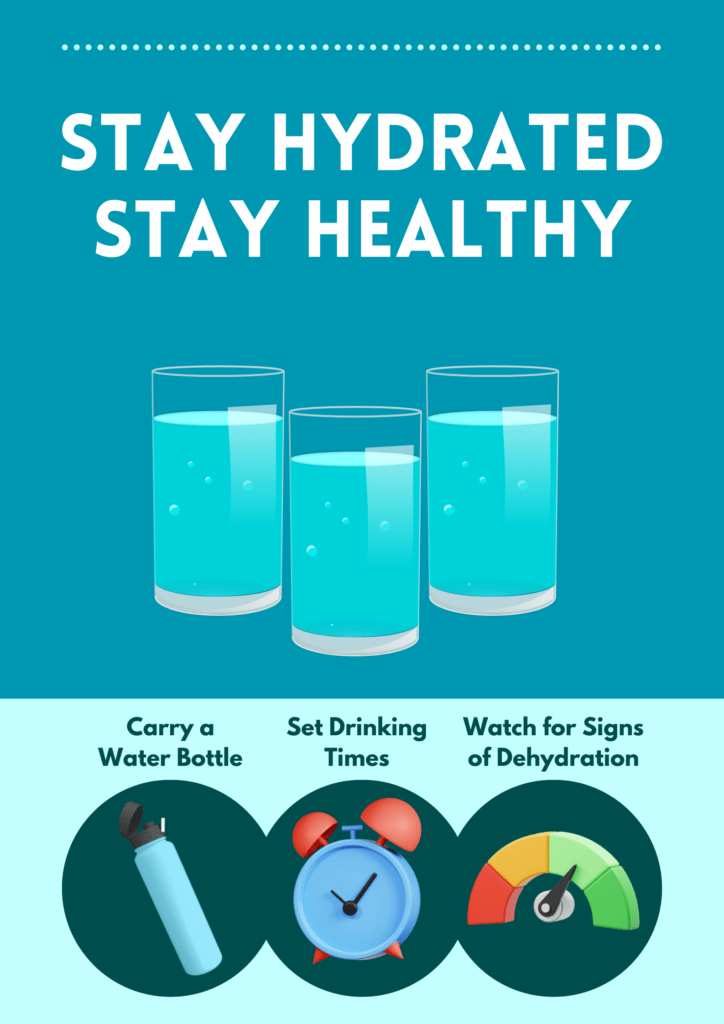
Hydration is essential for performance and health during intense workouts. A well-hydrated body burns energy efficiently and makes the most of the work put in during drills. Always drink plenty of water before, during, and after workouts.
Plyometric Training
Plyometric training is ideally suited for basketball players who want to improve their explosive power by increasing their ability to generate short bursts of speed and agility. Plyometrics also help players develop core strength, which is vital for playing every position on the floor and is particularly beneficial for building end-of-game strength.
Plyometrics involve fast, repetitive, explosive movements, and require two essential ingredients to be effective:
- Proper alignment of the upper body over the center of gravity.
- Contraction of muscles followed by explosive movement.
Box jumps, stair hops, and jumping rope are great plyometric exercises for basketball. The last one is especially effective, as it helps increase stamina and simultaneously builds up the calf, core, and shoulder muscle groups.
Core & Upper Body Strength
It’s easy for perimeter players to neglect building core and shoulder strength, especially in light of the intense conditioning work they endure throughout the season. For most players, strength training during the season is strictly about maintaining—not building—strength. Examples of great exercises for building strength include:
- Crunches
- Push-ups
- Pull-ups
- Shoulder shrugs
These are basic exercises that require little or no equipment and that any player can do independently.
Diet & Nutrition
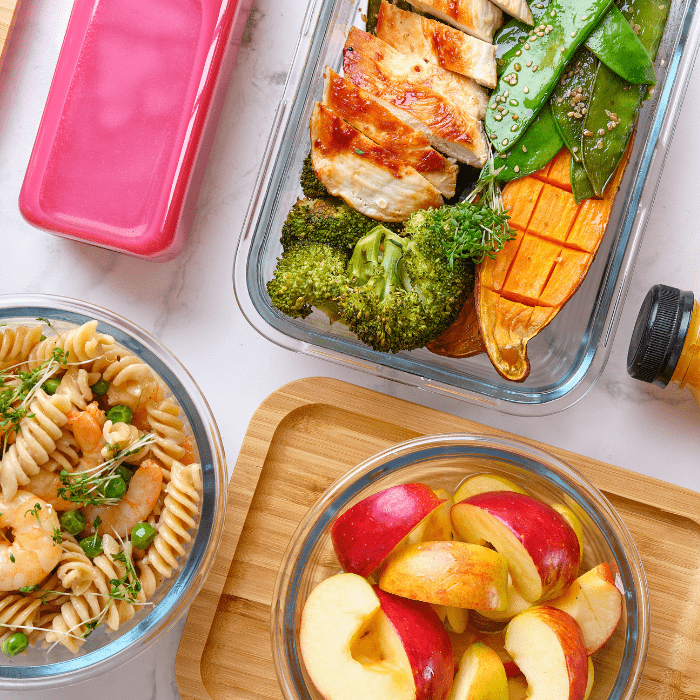
Many young players forget to eat a balanced diet that supplies energy and helps rebuild muscle. For most players, it’s possible to get by without eating right. Finding the time to shop and plan out meals is difficult in the context of a busy schedule. However, the right diet improves metabolism and helps build overall fitness.
Mental Edge
The off-season and pre-season are great times to use some basic exercises to build the strength that is so helpful during the season.
Play Basketball
Perhaps the best way to improve conditioning is to simply play tons of basketball. Scrimmages and pick-up games are not usually very intense, especially on the defensive end, but that doesn’t automatically prevent a player from pushing himself and hustling to get the most out of a game.
It’s also a good idea to try and guard the best offensive player on the other team, and to try overplaying on defense to create transition scoring chances. Sprinting up-court on offense and back on defense will help you get the most out of pick-up games.
End of Games
Games are very frequently won or lost in the final minutes, and the deciding factor is often which team has the collective strength to fight through fatigue. In this way, many games are really decided during practice and personal workouts, where stamina is developed. Getting to the next level almost always means taking training seriously, and following these guidelines is a great place to start.

